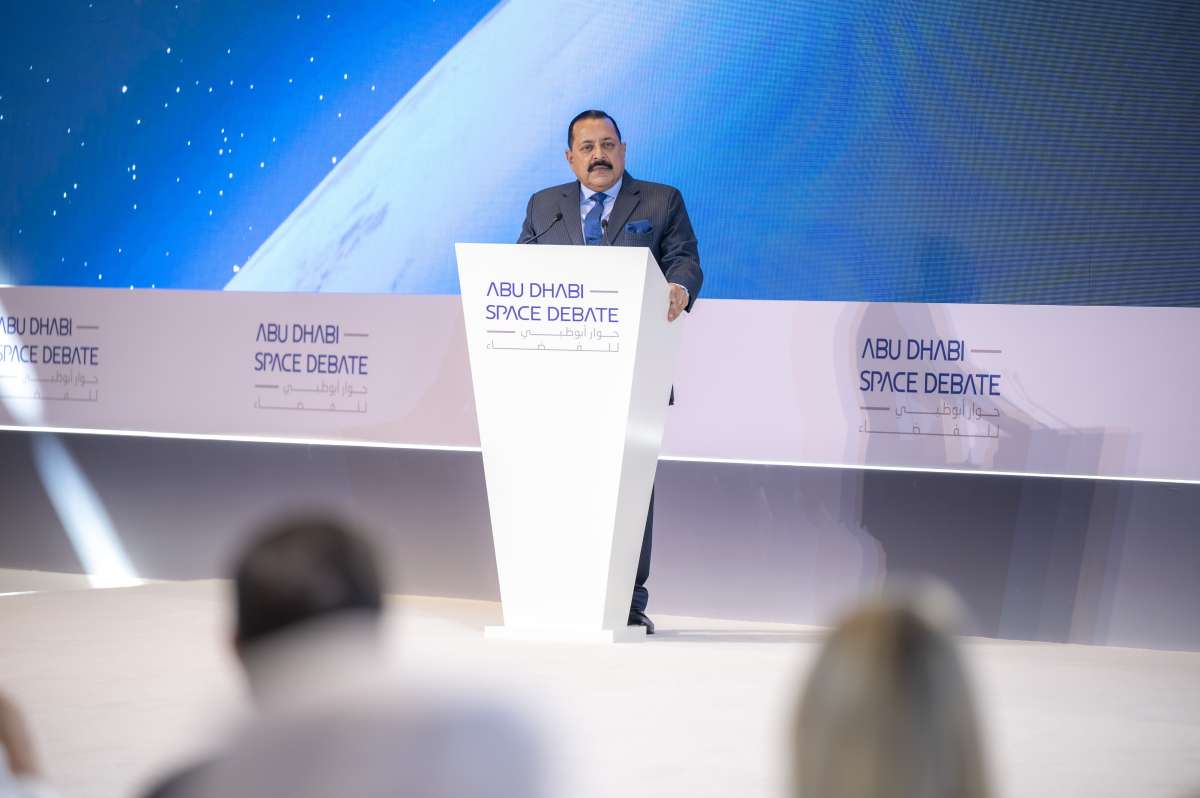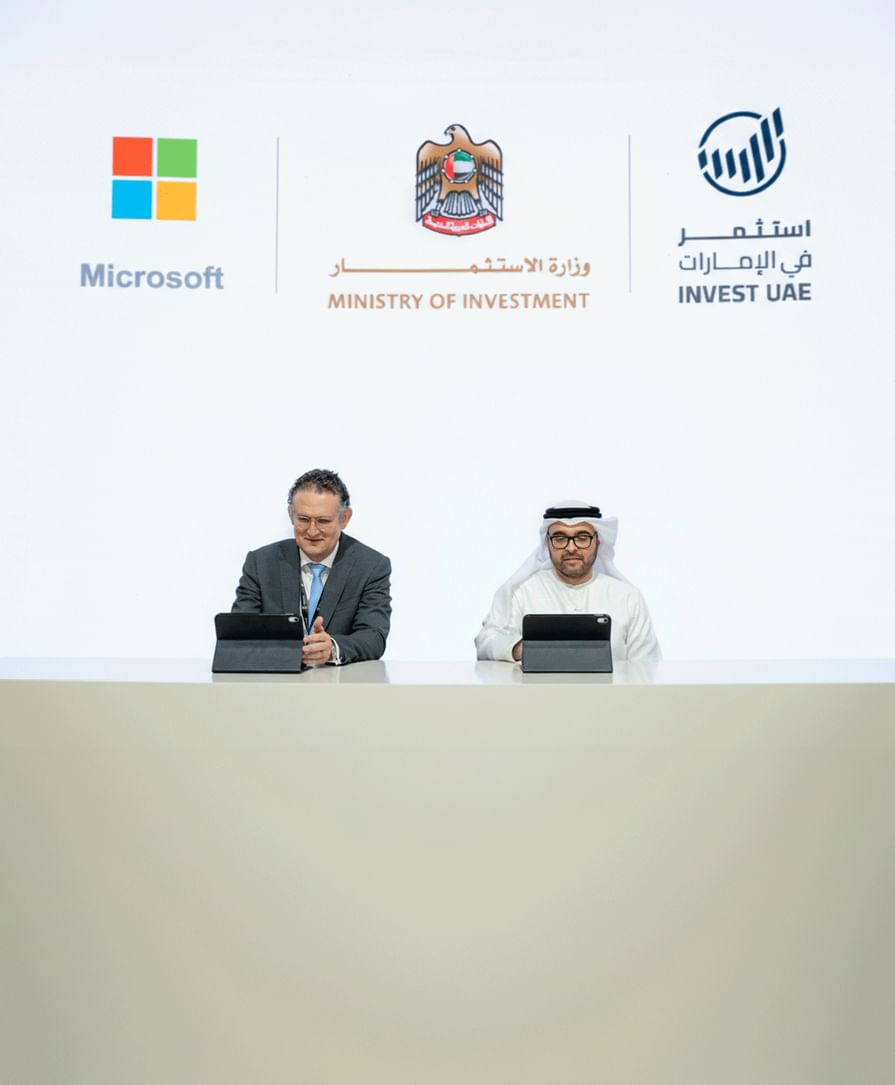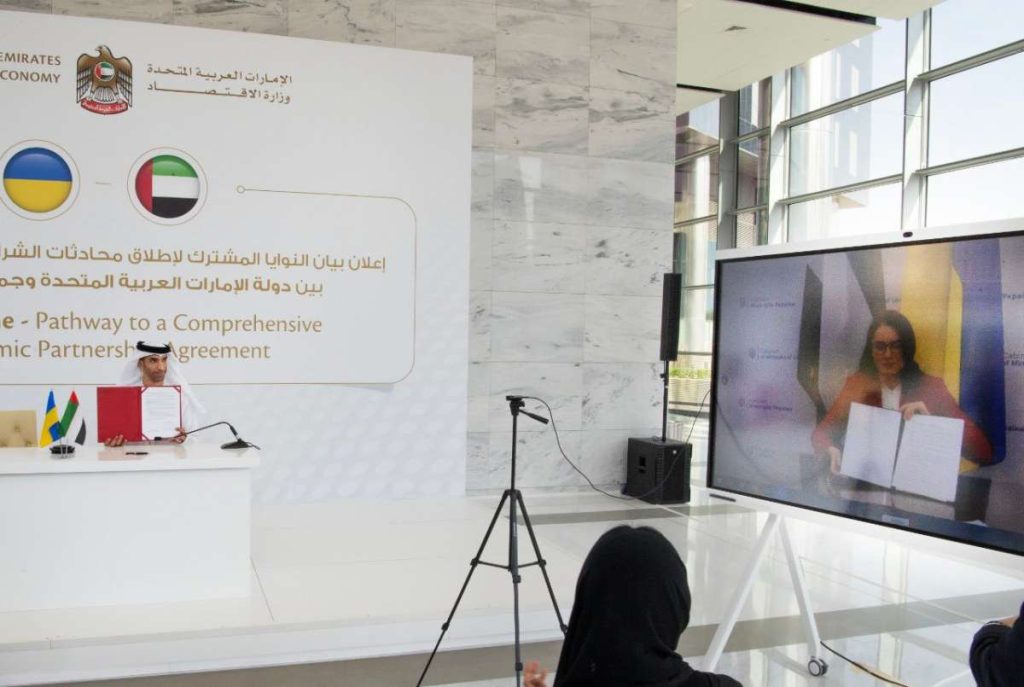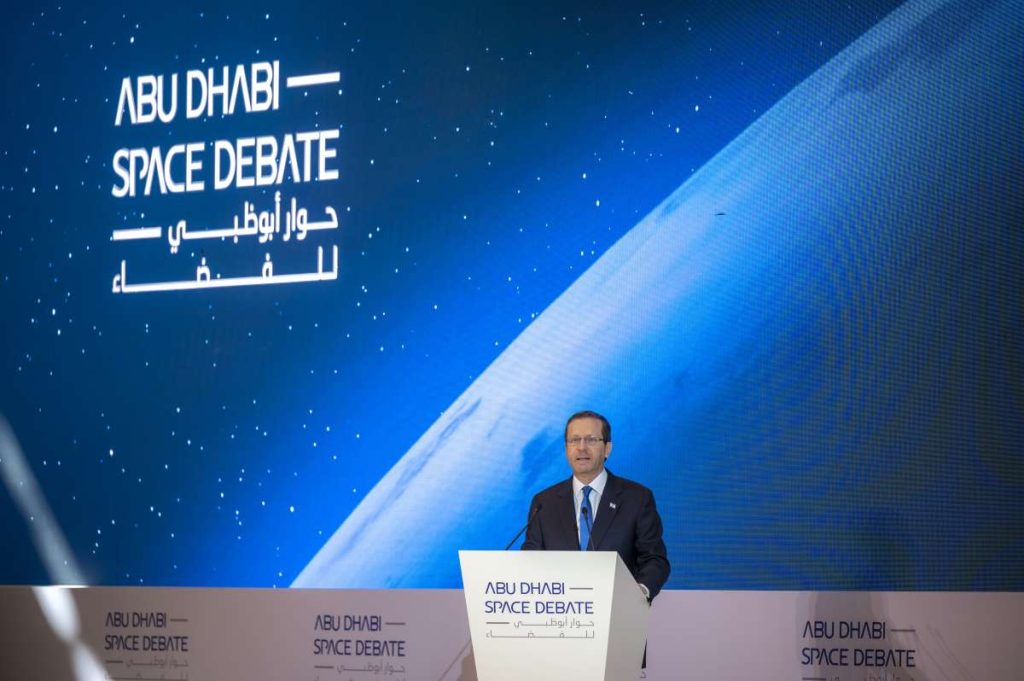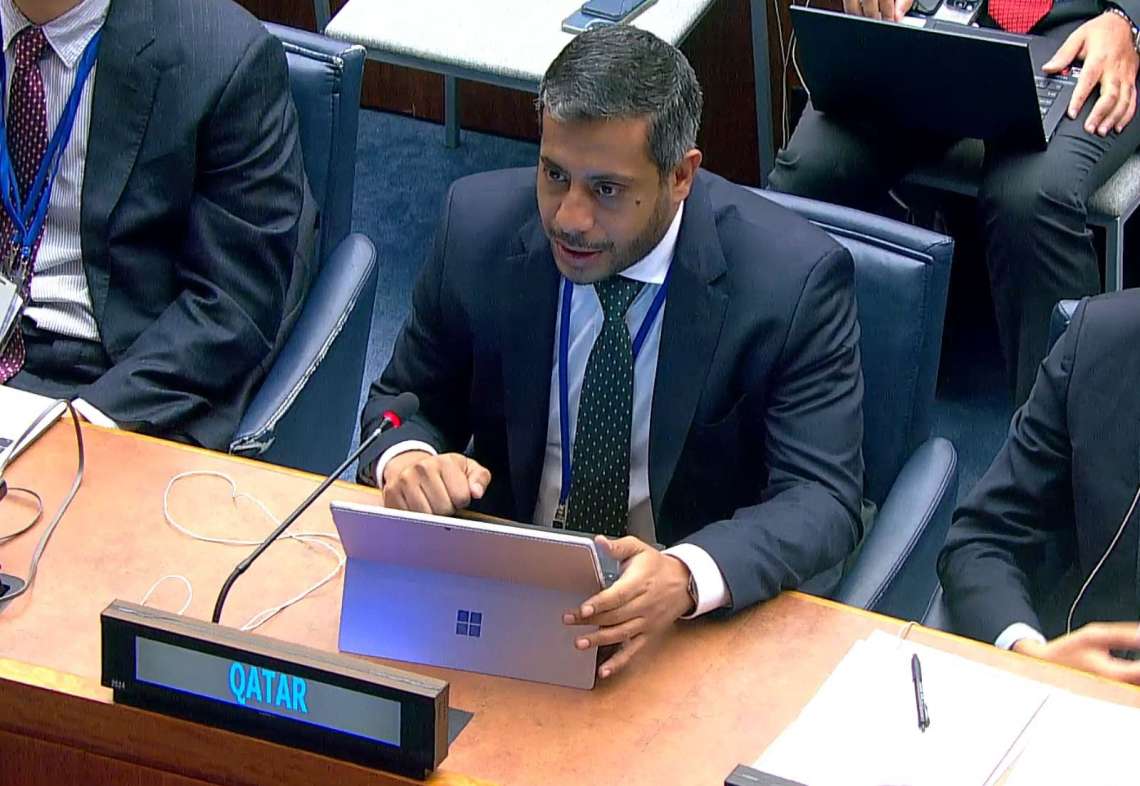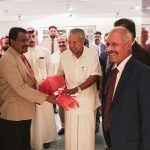The indigenously developed space sector of India and the fast-growing space sector of the UAE have a lot of complementariness that can be harnessed, said Dr. Jitendra Singh…reports Asian Lite News
Indian Minister of State for Space, Science and Technology Dr. Jitendra Singh reiterated India’s keenness to take its space cooperation with the United Arab Emirates (UAE) to newer heights.
Addressing the Opening Ceremony of the “Abu Dhabi Space Debate”, Dr Singh said, development of the space sector is one of the priority areas for the leaders of both India and the UAE and added that India started its space journey seven decades back from a scratch and is today acknowledged to be a leading space power.
He said, the highlight of India’s journey has been its thrust on indigenous development through dedication and hard work of its scientists guided by the commitment of the leaders.
Dr Jitendra Singh said, the indigenously developed space sector of India and the fast-growing space sector of the UAE have a lot of complementariness that can be harnessed.
He said, if we want to ensure that the space remains a sector to serve our shared humanity, it is important to bring all the stakeholders together to discuss and deliberate about the space and in this regard, this platform has the potential to shape the future of the space sector.”
The Minister said, the Indian space industry today is renowned across the globe for two things – reliability and economy.
India is proud to have the maximum success ratio in the world for its flagship space launching vehicle – Polar Satellite Launch Vehicle or PSLV. Just a few weeks back, India’s PSLV launched 36 satellites including for countries from both the developed and developing world.
The Minister also congratulated the UAE for planning its second human space mission next year by sending four astronauts in space for six months. The launch of Rashid Rover, UAE’s Moon Mission in the near future, and creation of the Space fund are milestones which reflect the commitments and determination of the UAE to excel in the space sector.
He shared that India’s active space partnership with the UAE dates back to 2017, when our PSLV launched UAE’s first nanosatellite – ‘Nayif-1’ meant for collecting environmental space data.
Dr Jitendra Singh appreciated the thrust of the Abu Dhabi Space Debate for building the role of Governments in empowering space business and technology.
He said, the list of discussions in ADSD on the role of the space sector to solve the climate issues, bringing accountability to environmental commitments, threats to and from space to the political discourse and making the presence of private sector and space innovation people driven that serve humankind; are very relevant to our time and are eye-opening topics, setting apart this initiative from any other such gathering in Space sector in the past.
Dr Jitendra Singh concluded by saying that he is confident that the Abu Dhabi Space Debate will grow in stature in the coming years and become a pre-eminent platform for discussions in space related matters and take India-UAE space cooperation into an entirely different and much higher spatial orbit.
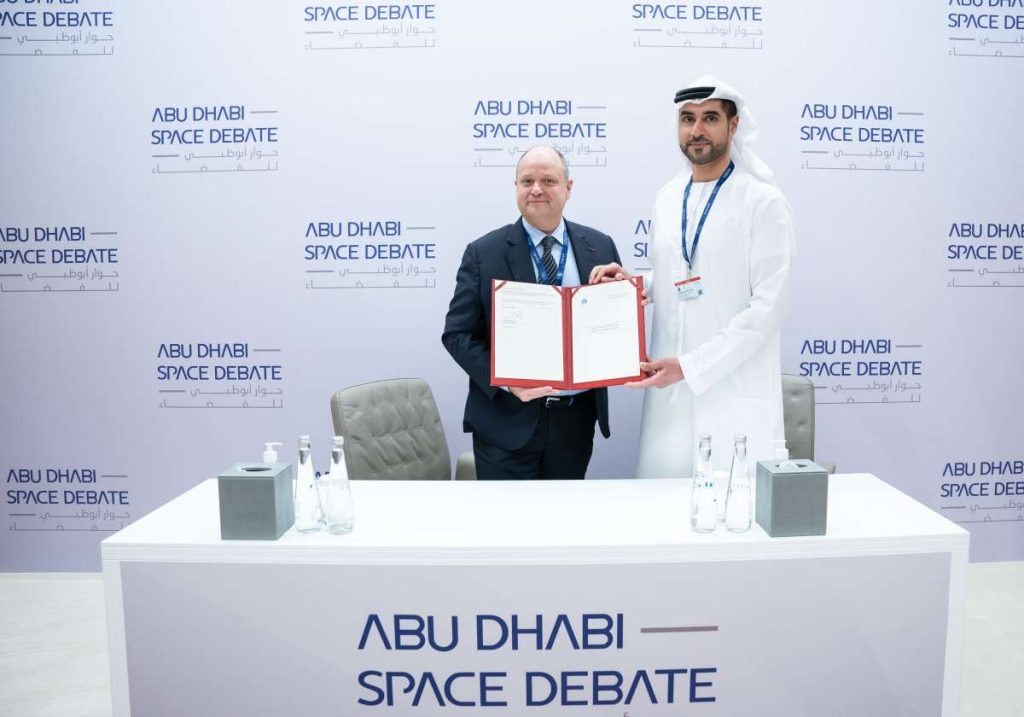
Space for Climate Observatory launched
The Abu Dhabi Space Debate, held under the patronage of the President Sheikh Mohamed bin Zayed Al Nahyan, witnessed the launch of the Space for Climate Observatory, a global initiative that aims to bring together public and private entities involved in the Earth observation sector to coordinate efforts aimed at promoting the peaceful use of space technology to address climate change, and increase the efficiency of its applications for sustainable and successful climate action at the local and global levels.
The Charter on the Space for Climate Observatory was signed by Ibrahim Al Qassim, Deputy Director General of the UAE Space Agency, and Lionel Suchet, Chief Operating Officer of the Centre National d’Etudes spatiales (CNES), the French National Centre for Space Studies.
The Space for Climate Observatory aims to support global climate action and develop capacity to study, track, mitigate and adapt to the impacts of climate change at the local, national, regional and international levels.
The Observatory also aims to exploit the full potential of space technologies to monitor, mitigate and adapt to climate change to achieve climate goals and raise awareness of their benefits.
The Space for Climate Observatory organises exchanges on climate action supported by space applications, the exchange of experiences, tools and methods on the application of space technology to climate action and the promotion of the use of good practices of space technology to achieve climate goals.
The Charter also regulates access to a variety of actors in the space and climate change sectors to promote cooperation between space agencies, government agencies, national, regional and international public organisations, institutions and agencies, academic and research institutions, and national and international private sector organisations and institutions.

